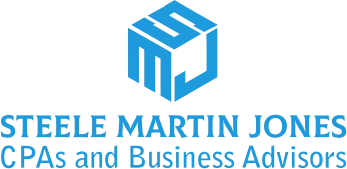Terms and conditions: I agree to receive periodic text messages from Steele Martin Jones. I understand my information will remain confidential and won't be shared or sold to third parties. These messages will be related to scheduling and consultation reminders. I am aware I can opt-out at any time by replying 'STOP' to any message received.
Steele Martin Jones Privacy Policy | Terms and Conditions



